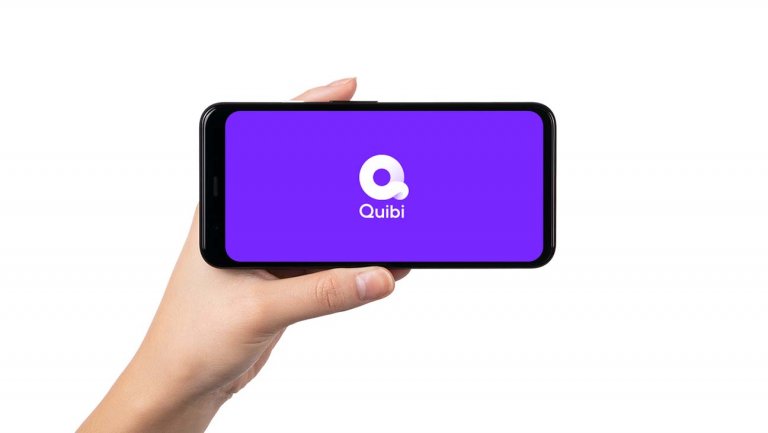Katzenberg Shutting Down Quibi Streaming Service
Media companies invested billions in Quibi plan for short-form mobile video

The smarter way to stay on top of broadcasting and cable industry. Sign up below
You are now subscribed
Your newsletter sign-up was successful
Turns out Quibi’s life was nearly as short as the content it mistakenly thought people wanted to stream.
Founded by Jeffrey Katzenberg and Meg Whitman and backed by $1.75 billion in capital from the major studios including Disney and Warner Bros., Quibi is shutting down.
"The world has changed dramatically since Quibi launched and our standalone business model is no longer viable," Katzenberg said in a statement. "I am deeply grateful to our employees, investors, talent, studio partners and advertisers for their partnership in bringing Quibi to millions of mobile devices.”
Amid the rush of companies into streaming, Katzenberg’s pitch was that mobile viewers would pay to watch shows in 10-minute chunks. Unfortunately for Quibi, the pandemic made people much less mobile. And while people were streaming tons of content at home, Quibi was not compatible with large-screen TV sets.
Also read: Quibi Finally Hits the Big Screen with Amazon, Apple and Google Devices
Some critics said Quibi’s expensive content from mainstream talent wasn’t attractive to the young viewers it wanted to target.
On top of that, the company had to fight a lawsuit from, Eko, a company claiming that its patent for showing video both vertically and horizontally was being infringed.
The smarter way to stay on top of broadcasting and cable industry. Sign up below
Quibi wound up getting fewer downloads and less usership than it expected, even after offering free trials. That disappointed blue chip marketers who had bought $150 million in advertising on the services.
In a last-ditch effort at survival Quibi belatedly made deals with Amazon, Apple and Android that allowed viewers to watch its content on full-size TV sets.
Evan Shapiro, who headed the former SVOD comedy service Seeso, commented on Quibi's short life span.
Quibi didn't even last a Seeso.https://t.co/yS7JIAfXYKOctober 21, 2020
Jon has been business editor of Broadcasting+Cable since 2010. He focuses on revenue-generating activities, including advertising and distribution, as well as executive intrigue and merger and acquisition activity. Just about any story is fair game, if a dollar sign can make its way into the article. Before B+C, Jon covered the industry for TVWeek, Cable World, Electronic Media, Advertising Age and The New York Post. A native New Yorker, Jon is hiding in plain sight in the suburbs of Chicago.

